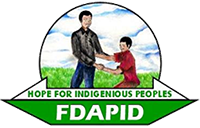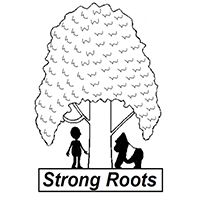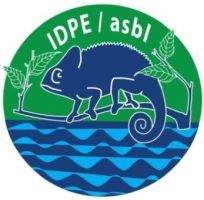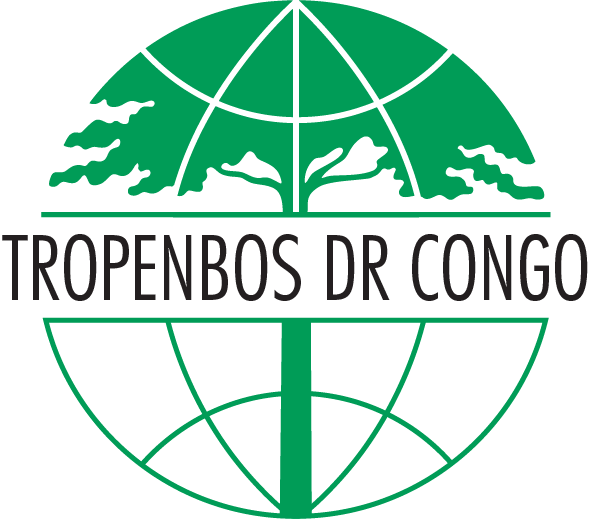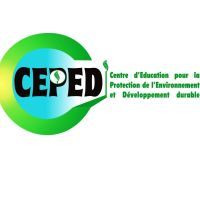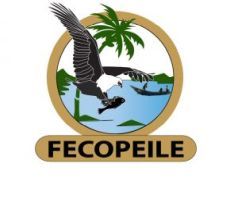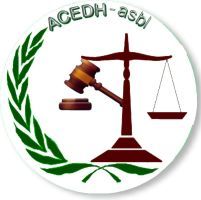DR Congo
There is amazing biodiversity in the Democratic Republic of the Congo. This Central African country has extensive woodland, with high importance for food security of local communities.
There are, however, armed conflicts over resources in the country, particularly in East Congo. The habitats of wildlife including gorillas, hippopotamuses and elephants have come under pressure due to these conflicts and illegal poaching.
East Congo is rich in expensive natural resources, such as hardwood and firewood. The soil is also rich in mineral resources such as copper, coltan and oil. Armed groups regularly use violence to gain control over these natural resources.
The Green Livelihoods Alliance has seven partner organisations in Virunga and Kahuzi-Biega, nature reserves that UNESCO recognises as natural World Heritage Sites.
Millions of people live in extreme poverty around the Virunga and Kahuzi-Biega National Park. They depend on natural resources for their livelihood. The programme aims to improve the relationship between both parties, thus working towards a win-win situation.
The Green Livelihoods Alliance furthermore strengthens local and indigenous communities that stand up against illegal poaching and fishing. We help them to prevent land expropriation and to enforce nationally and internationally recognised rights. In addition, we encourage them to join forces with park rangers to protect their areas and to show park rangers how they can focus on ways of procuring forest products and fishing in lakes with respect for the environment.
DRC programme
The DRC programme of the Green Livelihoods Alliance focuses on the restoration, protection and sustainable management of the ecosystems in the Virunga and Kahuzi-Biega landscapes. It’s about natural resource management in a sustainable, concerted and inclusive manner, which guarantees the livelihoods of local communities and indigenous peoples and the stability of protected areas.
The programme adopts three envisaged pathways of change:
- Restoring social peace and stability in the East landscape: local communities and indigenous populations in the Virunga and Kahuzi Biega landscapes are acting freely, responsibly and are reconciled. Activities to achieve this include: education of youth, women and land chiefs in sustainable management of natural resources, meetings with the traditional leaders and bringing different stakeholders in the landscape together.
- Re-establishing social and environmental justice: establishment of an environmental juridical clinic providing legal support and strengthened advocacy for the restoration of state authority in the Virunga landscape, so that stakeholders adopt best practices in their daily lives, livelihoods are improved and the living conditions of the local population and indigenous populations have increased.
- Assuring the sustainable use of natural resources and restoring ecosystems: benefits of protected areas should contribute to the sustainable development of local populations, stakeholders are involved in decisions making process and new alternatives are developed.
Program partners
The programma is being carried out by a large coalition of seven civil society organisations, who all have their own expertise and task in the project.
- ACEDH: Legal aid for wildlife (law enforcement)
- CREDDHO: Human rights and harmonious cohabitation between indigenous peoples and local communities, and protected area managers
- FECOPEILE: Rights and interests of fisherfolk and women and young people working together with protected area managers
- IFDP: Conduct research on land issues in different socio-cultural contexts to deepen knowledge about the issues and challenges as well as exploring curb land crisis.
- CEPED: Climate change and access to land, cohabitation between actors
- IDPE: Lobbying and advocacy on oil exploitation in the landscape, cohabitation between riparian customary chiefs and national park, promotion of entrepreneurship for women's empowerment, reconciliation of youth sports activities with conservation, fight against climate change.
- TROPENBOS DRC: forest and land governance, community forestry, climate change, natural resource (timber) exploitation, small-scale entrepreneurship and livelihoods of indigenous peoples and local communities.

